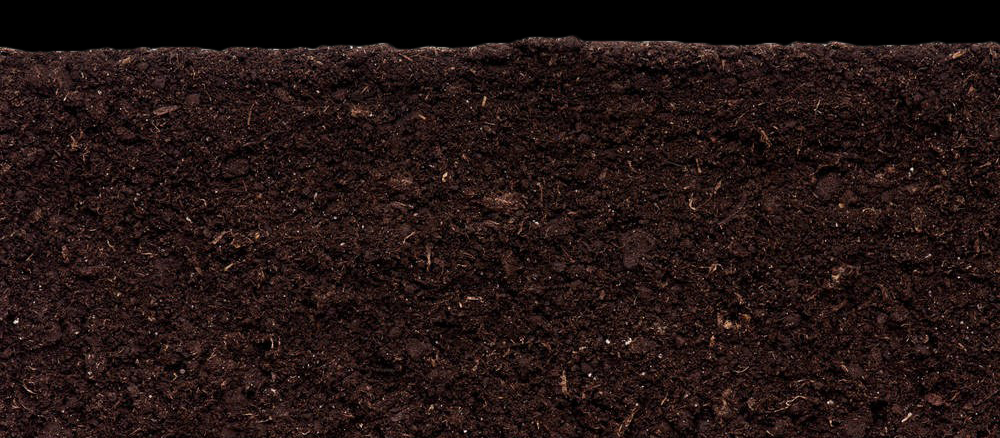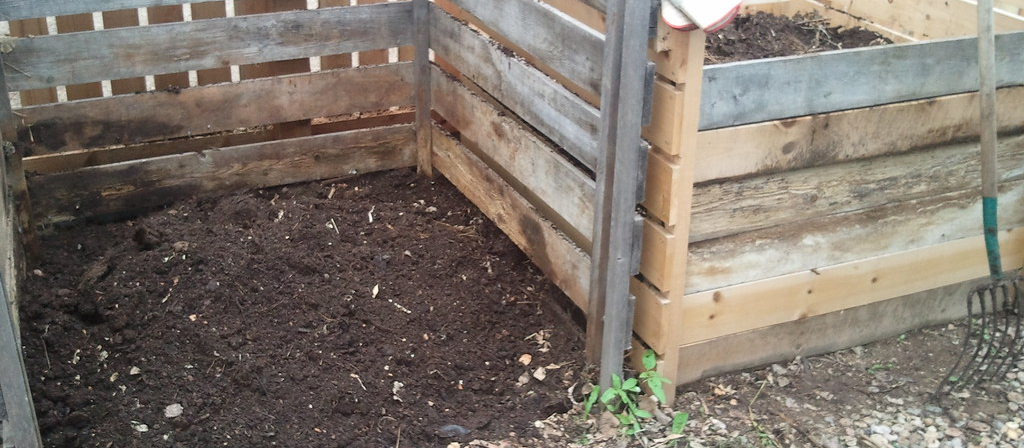Categories > Plant Care and Maintenance
Soil Health: Building the Foundation for Your Garden's Success
A lush, vibrant garden begins with healthy soil. No matter how green your thumb may be, the quality of your soil plays a pivotal role in the success of your garden. To create a thriving garden, you need to build a solid foundation, and that foundation is healthy soil. One of the most effective ways to improve and maintain soil health is through composting. In this article, we'll explore the importance of soil health and delve into the world of composting, showing you how to transform your garden's foundation into a haven for your plant
The Importance of Healthy Soil
Soil is not just a medium for plants; it's a complex living ecosystem. Healthy soil teems with a diversity of organisms, from earthworms to beneficial microorganisms. These soil inhabitants work together to create an environment where plants can flourish.
Here's why healthy soil is so crucial:
- Nutrient Availability
Healthy soil is rich in essential nutrients like nitrogen, phosphorus, and potassium. These nutrients are vital for plant growth and development. When your soil is nutrient-rich, your plants are well-fed and more likely to thrive.
- Water Retention
Healthy soil has good water-holding capacity. It can retain moisture while allowing excess water to drain away, preventing root rot and other water-related problems. This is especially important during dry spells when water conservation is critical.
- Disease Resistance
A thriving soil ecosystem can suppress harmful plant pathogens. Beneficial microorganisms in healthy soil compete with disease-causing organisms, creating a natural defense for your plants.
- Improved Plant Growth
Plants in healthy soil grow stronger and are more resistant to stress. They produce more foliage, flowers, and fruits, resulting in a more visually appealing and productive garden.
The Art of Composting
Composting is the process of recycling organic materials into nutrient-rich soil conditioner. It's a sustainable and cost-effective way to improve your garden's soil health. Here's how you can get started:
- Gather Organic Materials
You can compost a wide range of organic materials, including kitchen scraps (e.g., fruit and vegetable peels), yard waste (e.g., leaves and grass clippings), and even small amounts of paper or cardboard. Avoid adding diseased plant material, meat, or dairy products to your compost.
- Create a Compost Pile or Bin
Choose a suitable location for your compost pile or invest in a compost bin. A well-ventilated and sunny area is ideal. Compost piles should be at least 3 feet by 3 feet in size to ensure efficient decomposition.
- Layer and Mix
For efficient composting, alternate between green (nitrogen-rich) and brown (carbon-rich) materials. Greens include kitchen scraps and fresh yard waste, while browns consist of dried leaves, straw, or shredded newspaper. Turn or mix your compost regularly to aerate it and speed up decomposition.
- Maintain Moisture and Aeration
Compost should be as moist as a wrung-out sponge. If it's too dry, add water; if it's too wet, add more browns to balance it out. Proper aeration is essential, as it helps prevent unpleasant odors and encourages beneficial microorganisms to thrive.
- Be Patient
Composting is not an overnight process. Depending on your method and environmental conditions, it can take several months to a year to produce finished compost. Once your compost has a dark, crumbly texture and an earthy smell, it's ready to use.
Using Compost in Your Garden
Once you've produced your nutrient-rich compost, it's time to incorporate it into your garden's soil. Here's how to do it effectively:
- Prepare Your Garden Beds
Before planting, incorporate compost into your garden soil by spreading a 2-3 inch layer on top. Mix it thoroughly to a depth of 6-8 inches. This will improve the soil structure and fertility.
- Top-Dressing
For established plants, use compost as a top-dressing. Apply a thin layer around the base of the plant, avoiding contact with the stems. This provides a slow-release source of nutrients.
- Mulch
Compost can also be used as mulch to retain moisture and prevent weeds. Apply a layer of compost around your plants, leaving space around the stems.
Conclusion
Healthy soil is the foundation of a flourishing garden. By embracing the practice of composting, you can enhance your soil's fertility, water-holding capacity, and disease resistance. Composting not only benefits your plants but also reduces waste and promotes sustainability. Start building the foundation for your garden's success today by enriching your soil with the black gold of gardening - compost. Your garden will thank you with a bountiful harvest of beautiful, healthy plants.
Newsletter


